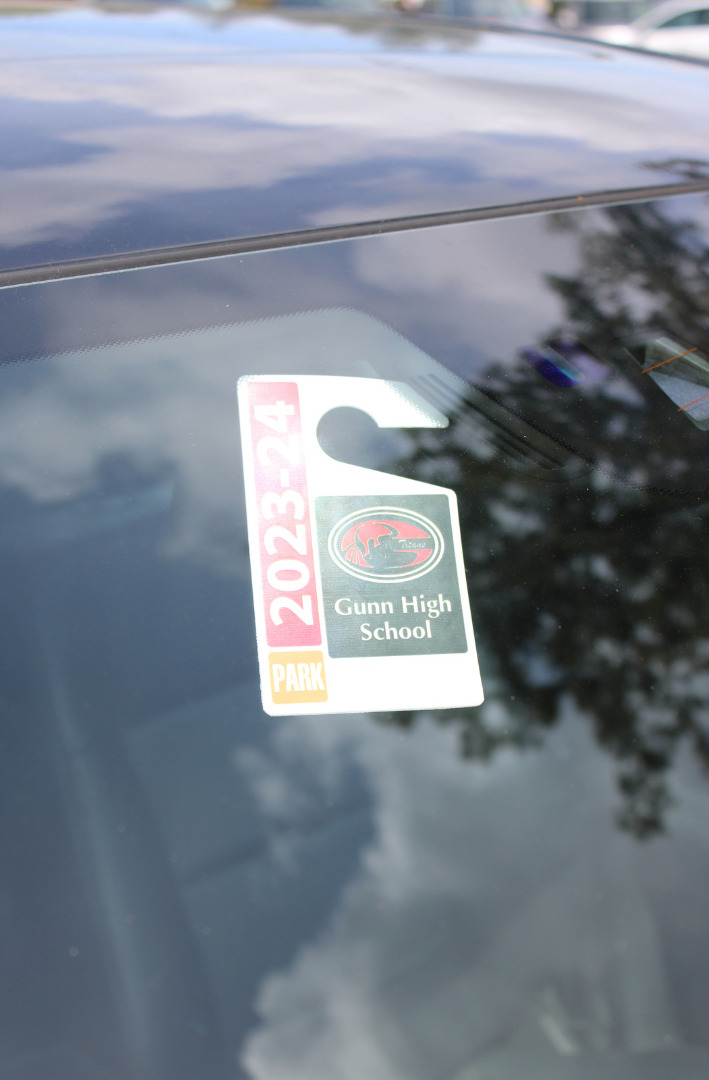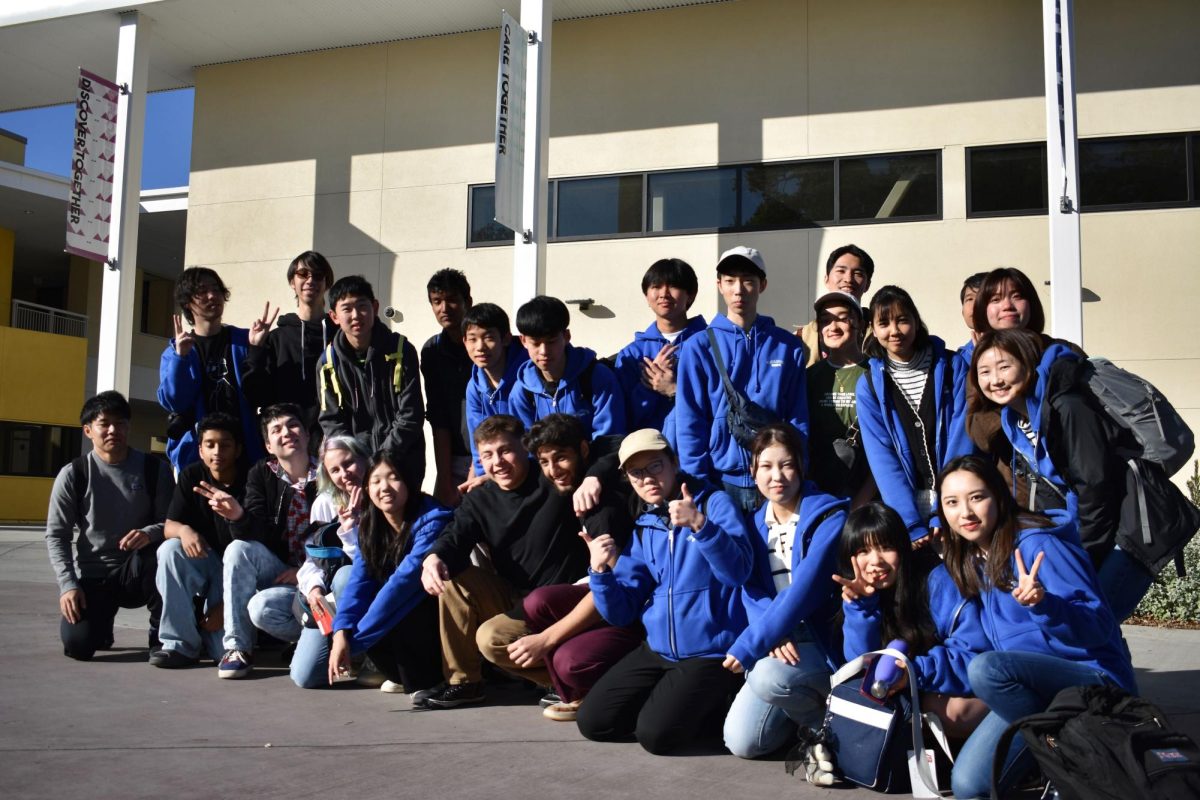On Sept. 22, the California Department of Education released the Academic Performance Index (API) report for the 2010-2011 school year. Gunn scored 909 points, nine points less than the previous year. Despite the drop, Gunn still ranks in the top 10th percentile of California high schools.
API scores, implemented in California after the state legislature passed the Public Schools Accountability Act in 1991, are a measure of academic performance based on standardized testing. High school API scores are calculated from results on the Standardized Testing and Reporting (STAR) program and the California High School Exit Exam (CAHSEE). Depending on school rank and score, some districts are given monetary incentives to exceed the Annual Percent Growth Target set each year. The Palo Alto Unified School District (PAUSD) schools, however, are not eligible for these rewards. “At the high level that Palo Alto schools are currently at, a slight drop in scores would not affect us,” PAUSD Superintendent Kevin Skelly said.
“At the high level that Palo Alto schools are currently at, a slight drop in scores would not affect us.” — PAUSD Superintendent Kevin Skelly
The Palo Alto community is greatly affected by school performance. “We’re fortunate to live in a community that values education,” Principal Katya Villalobos said. “Because [API scores] are public, people are very aware of how we do. Our community puts much importance on it.” This value in education is reflected in Palo Alto housing prices.
Studies have shown a correlation between high-performing school districts and property value. This phenomenon is clearly prevalent in Palo Alto. “In general, the higher the API ratings, the higher the value in real estate,” Director of the Department of Planning and Community Environment for the City of Palo Alto Curtis Williams wrote in an email. “The increase or decrease in scores over time may have an effect if that is significant. I don’t think an increase or decrease in 10 points would matter, but maybe a change of 100 points would be reflected in home values.”
Although API scores play a major role in the community, there is some controversy over the accuracy of these rankings. Currently, schools are rated solely on standardized test scores. However, many community members believe that the API should be based on multiple criteria, such as staff attendance and student graduation rates. The California Department of Education has not added these conditions to the API because the new variables would make ranking difficult and less uniform.
Some educators believe that API scores alone are not adequate in providing a holistic view of a school’s achievements. “It’s only one small measure of a school’s performance,” Villalobos said. “It could definitely be better because it does not give the totality of what that student is.”
While API scores may accurately represent elementary schools, they are insufficient reflections of high schools. “You need to look at other factors, like the average SAT score and the number of Advanced Placement classes students take,” Skelly said.
High school API scores, more so than any other level of education, are often considered inaccurate because of the lack of student participation. “Students don’t have any incentive to do well on STAR tests and the CAHSEE,” Skelly said. “These tests are competing with the SAT, which has a greater impact on their immediate future.” Administrators are currently trying to find a way to motivate high school students to do well on these standardized tests and prevent future decreases in scores.
While some PAUSD schools’ API scores have decreased by a few points, the change is not significant enough to not merit concern from administration. “Our goal remains the same,” Skelly said. “We will keep focusing on individual student needs and continue to make progress each year.”








